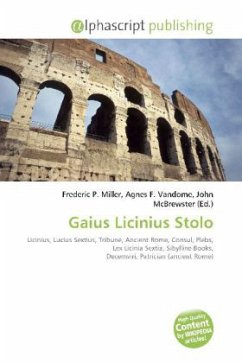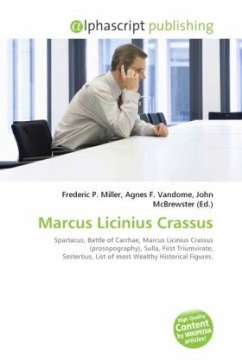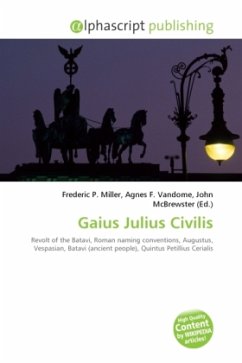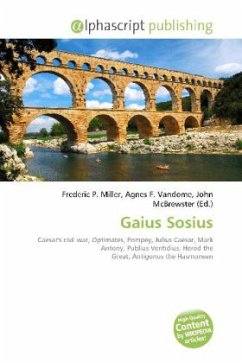Please note that the content of this book primarily consists of articles available from Wikipedia or other free sources online. Gaius Licinius Stolo, along with Lucius Sextius, was one of the two tribunes of ancient Rome who opened the consulship to the plebeians. Records indicate he was tribune from 376 BC to 367 BC, during which he passed the Lex Licinia Sextia restoring the consulship, requiring a plebeian consul seat, limiting the amount of public land that one person could hold, and regulated debts. He also passed a law stipulating that the Sibylline Books should be overseen by decemviri, of whom half would be plebian in order to prevent any falsification in favor of the patricians. The patricians opposed these laws, though they finally were passed. Licinius was then elected consul for 361 BC (Fasti Capitolini). He was later charged with violating his own laws concerning the ownership of land and was forced to pay a heavy fine. Although Livy describes the activities of GaiusLicinius in great detail, it is likely that his description is not accurate; much of it is suspiciously similar to events in the age of the Gracchi two hundred years later, and it is quite possible that the annalist Licinius Macer invented episodes of his family''s activities.








